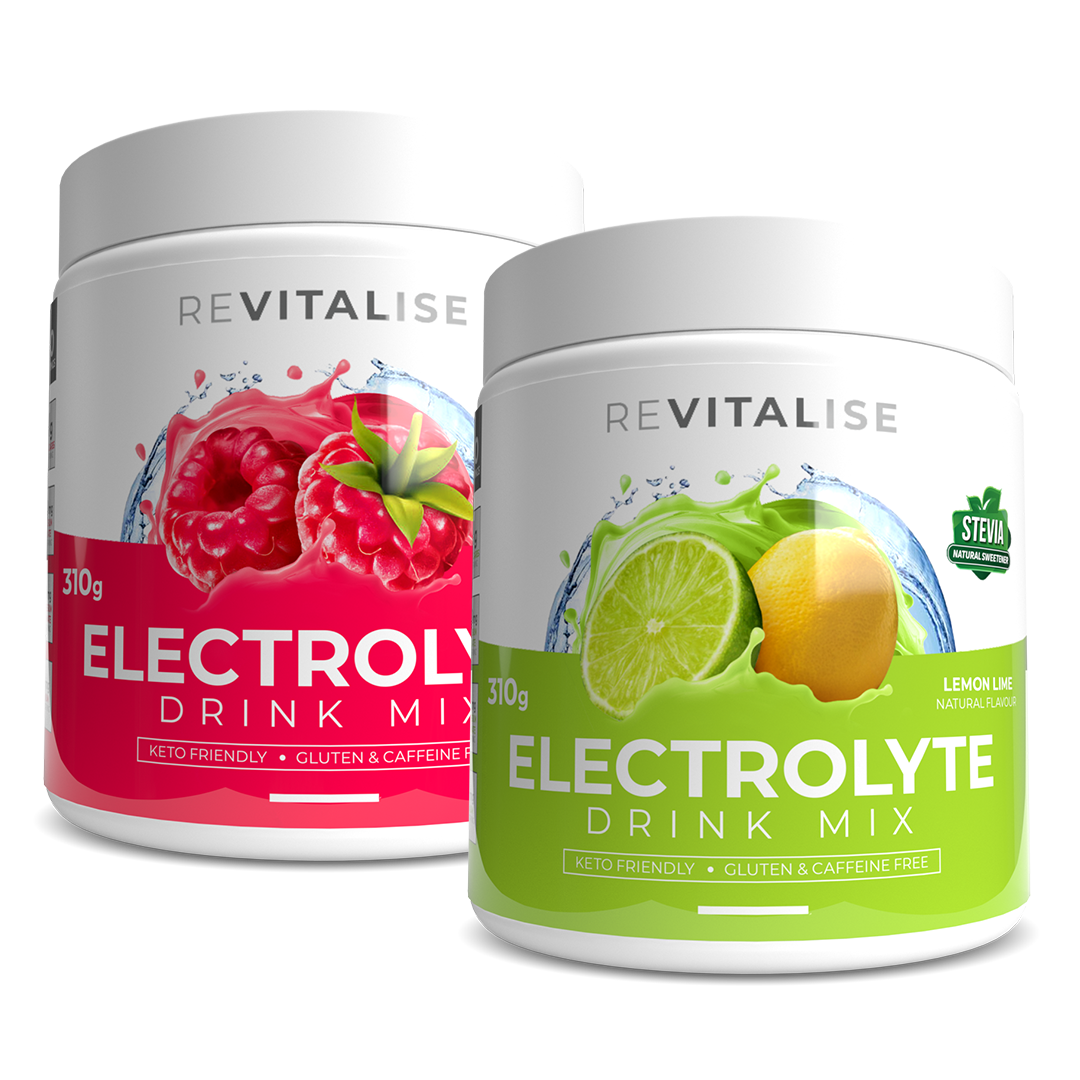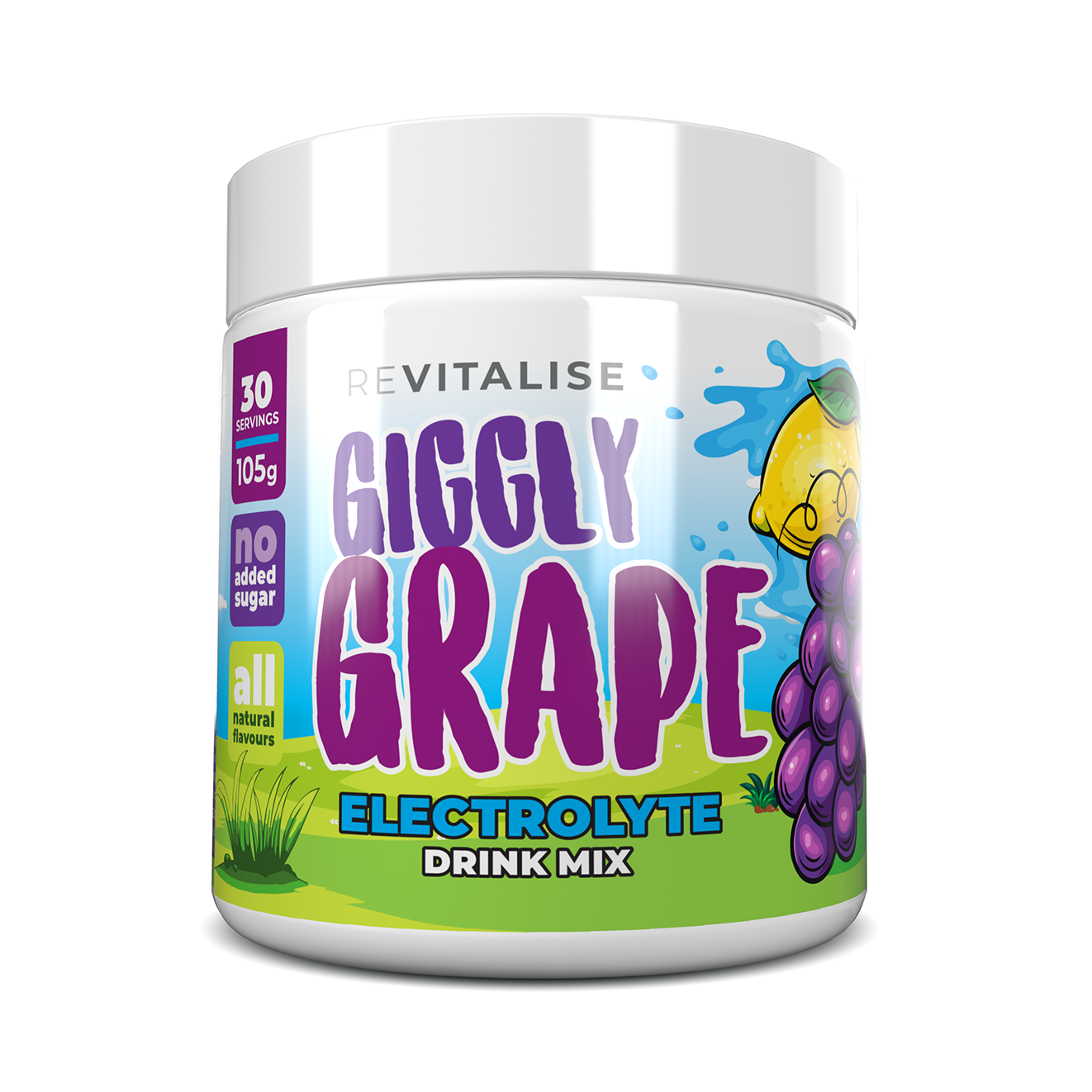When it comes to endurance sports and high-intensity training, many athletes follow a high-carb fueling strategy to sustain energy. But what if this approach is actually working against you? While carbohydrates are an essential energy source, relying too heavily on them can lead to performance decline, gastrointestinal distress, and even a premature energy crash.
Let’s break down why high-carb fueling comes with high risks and how you can optimise your energy strategy for peak performance.

The Problem with Limited Carb Storage
Carbohydrates are stored in the body primarily as glycogen in muscles and the liver. However, our storage capacity is surprisingly low—only about 2,500 calories worth of glycogen at most. For endurance athletes, this means that glycogen depletion can occur within just 90 minutes to two hours of intense activity.
Once glycogen stores run out, the body switches to burning fat for fuel, but this transition is not always seamless. It often leads to a sudden drop in energy and performance, commonly referred to as "hitting the wall" or bonking.
Carbs Are Hard to Absorb on the Fly
To counteract glycogen depletion, athletes often aim to consume 60 to 100 grams of carbohydrates per hour through energy gels, drinks, or chews. However, the body has a limited capacity to absorb carbs quickly. Excess carbohydrate intake requires significant water to be broken down and absorbed. Consuming too much sugar at once can overwhelm the stomach, leading to delayed gastric emptying.
Rather than providing sustained energy, this strategy can increase gut discomfort and slow digestion, leaving you feeling sluggish instead of energised.
Quick Burn Equals Quick Crash
Carbohydrates provide fast-burning energy, but this comes with trade-offs. High-carb metabolism produces free radicals, which can lead to oxidative stress and muscle fatigue. The spike-and-crash effect from sugar-based fueling results in unstable energy levels, forcing you to consume more to keep going. Unlike fat, which provides long-lasting energy, carbs require constant replenishment, a strategy that is difficult to maintain in long races or endurance events.
The Leading Cause of GI Distress in Athletes
Gastrointestinal distress is one of the most common reasons athletes underperform or fail to complete an event. High-carb fueling is often the biggest culprit, leading to bloating, nausea, cramping, stomach pain, diarrhoea, and vomiting. These issues occur because high sugar intake can overwhelm the digestive system, requiring more fluid to process and diverting blood away from working muscles.

The Battle Between Sympathetic and Parasympathetic Systems
Your sympathetic nervous system (responsible for fight or flight) is active during intense exercise and focuses blood flow on working muscles. However, digestion is managed by the parasympathetic nervous system (rest and digest). When you overload on carbohydrates mid-race, gastric emptying slows down, blood is redirected from the gut to the muscles, and digestion is impaired. This mismatch hinders performance instead of boosting it.
Why Hydration Matters More Than Carbs
Many athletes mistakenly believe that pushing through "the wall" with more carbohydrates will improve performance. However, water is required to absorb sugar, and without adequate hydration, you may experience dehydration, electrolyte imbalances, and severe gastrointestinal discomfort. The solution is a hydration-focused approach that includes balanced electrolytes rather than relying purely on carbs.
Optimise Your Performance with ReVitalise Daily Electrolytes
Instead of overloading on carbohydrates, focus on hydration and electrolyte balance. ReVitalise Daily Electrolytes help sustain energy levels by supporting hydration without sugar crashes, improving muscle function and endurance, preventing cramping and fatigue, and aiding digestion to reduce gastrointestinal distress. Don’t let a high-carb strategy hold you back. Make the switch to smarter hydration and unlock your best performance today.
Finding Your Zone – The 80/20 Rule for Body Composition and Performance
When it comes to athletic performance and body composition, nutrition accounts for around 80 percent of your success. The remaining 20 percent comes from exercise, sleep, stress management, and lifestyle balance. You cannot perform at your best without addressing all of these factors.
The key is finding the right balance of macronutrients—carbohydrates, fats, and protein—based on your performance and body composition goals.
The Role of Carbohydrates: How Much Do You Really Need?
Carbohydrate intake should be tailored to your activity level, metabolic needs, and performance goals. Here's a breakdown of how different levels of carbohydrate intake affect the body:
0–50g per day: Best for rapid fat loss and metabolic reset. This intake encourages fat-burning by putting the body into ketosis. It works well for intermittent fasting and weight loss but may negatively impact top-end speed, power, and recovery if used long term.
50–100g per day: Ideal for fat loss and metabolic efficiency. This level supports daily protein and nutrient intake, minimises insulin production, and encourages a stable energy supply. It suits athletes aiming to maintain a lean body composition while staying energised.
100–150g per day: Best for athletic performance and muscle development. This range supports endurance and muscle growth through nutrient-dense, whole foods while eliminating processed sugars. It’s especially suitable for frequent high-intensity training.
150–300g per day: Recommended for ultra-endurance athletes and extreme training regimens. However, this range can lead to energy crashes and weight gain if not closely monitored. Unless you are engaged in chronic cardio or multi-hour training, high-carb intake may cause metabolic instability.
What Your Carb Intake Really Means
Your ideal carbohydrate intake depends on your lifestyle, training intensity, and metabolic flexibility. The goal is to balance your fuel sources by reducing reliance on carbohydrates and focusing on protein, healthy fats, and hydration.
Hydration is just as important as macronutrients. ReVitalise Daily Electrolytes help support muscle function, stable energy levels, and faster recovery without sugar crashes.





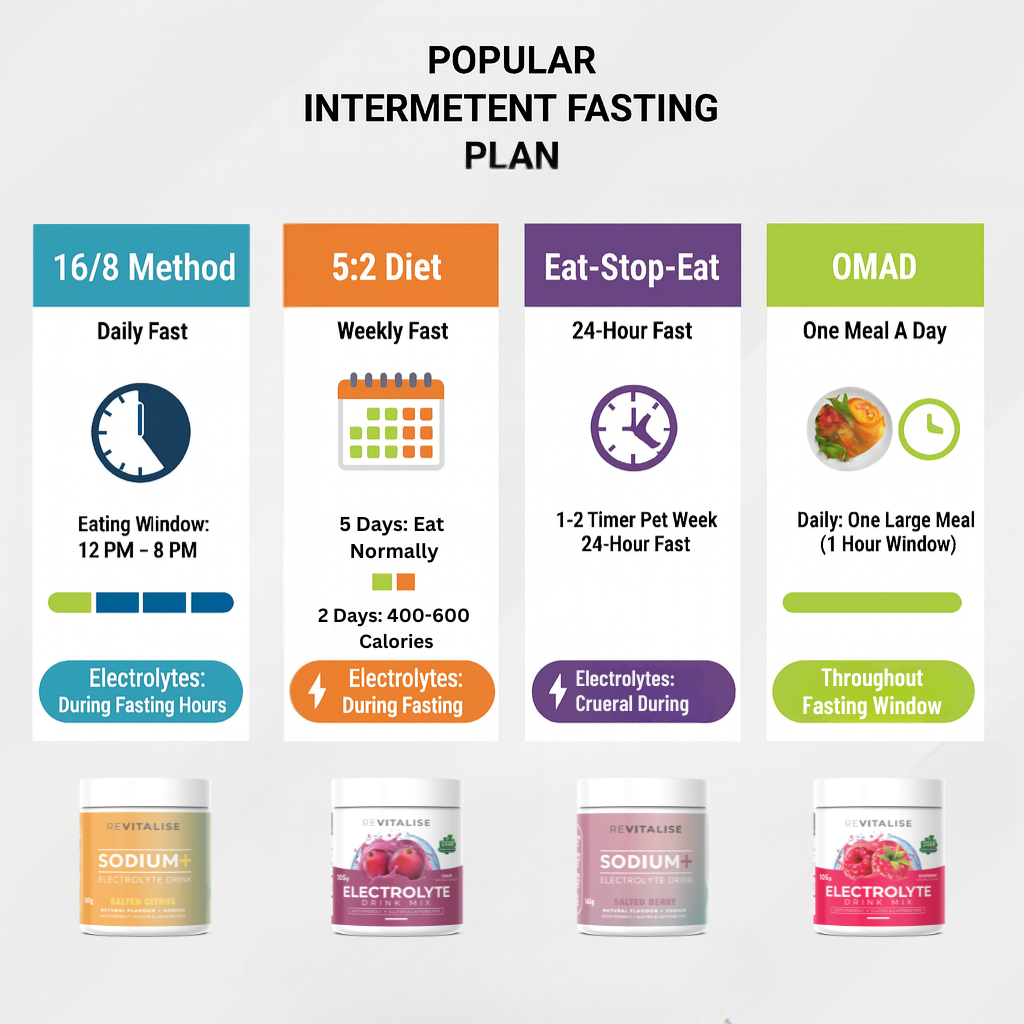
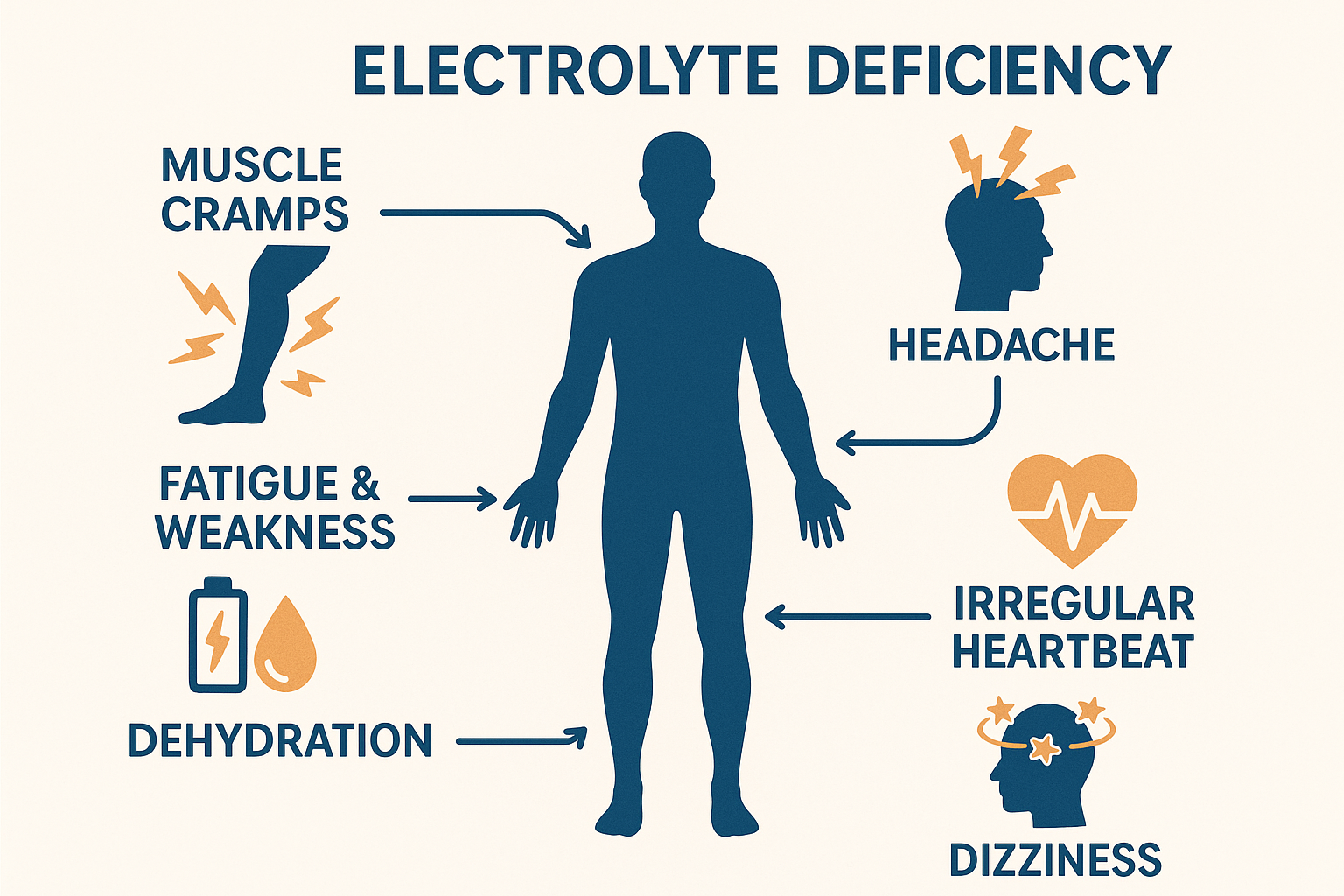
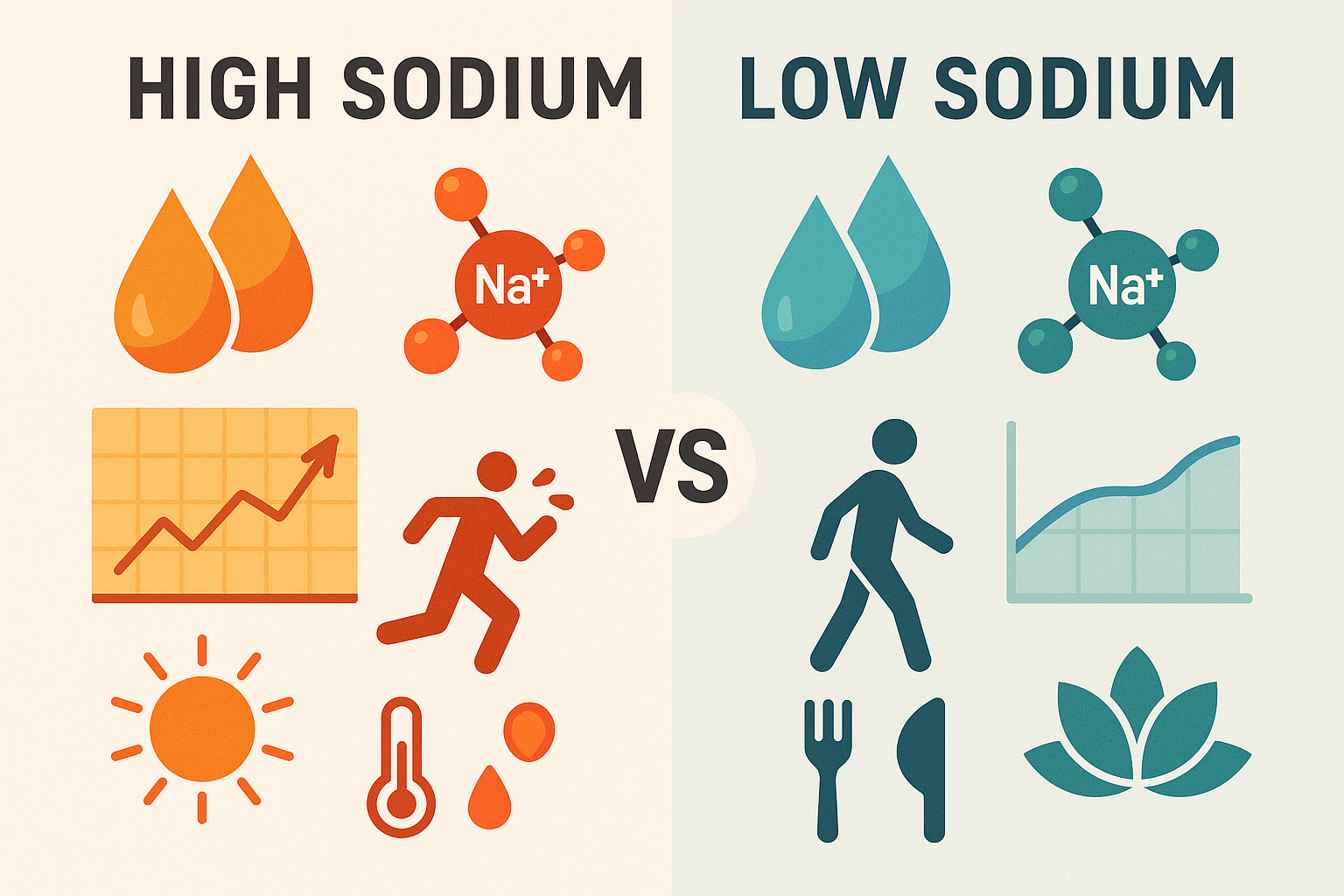
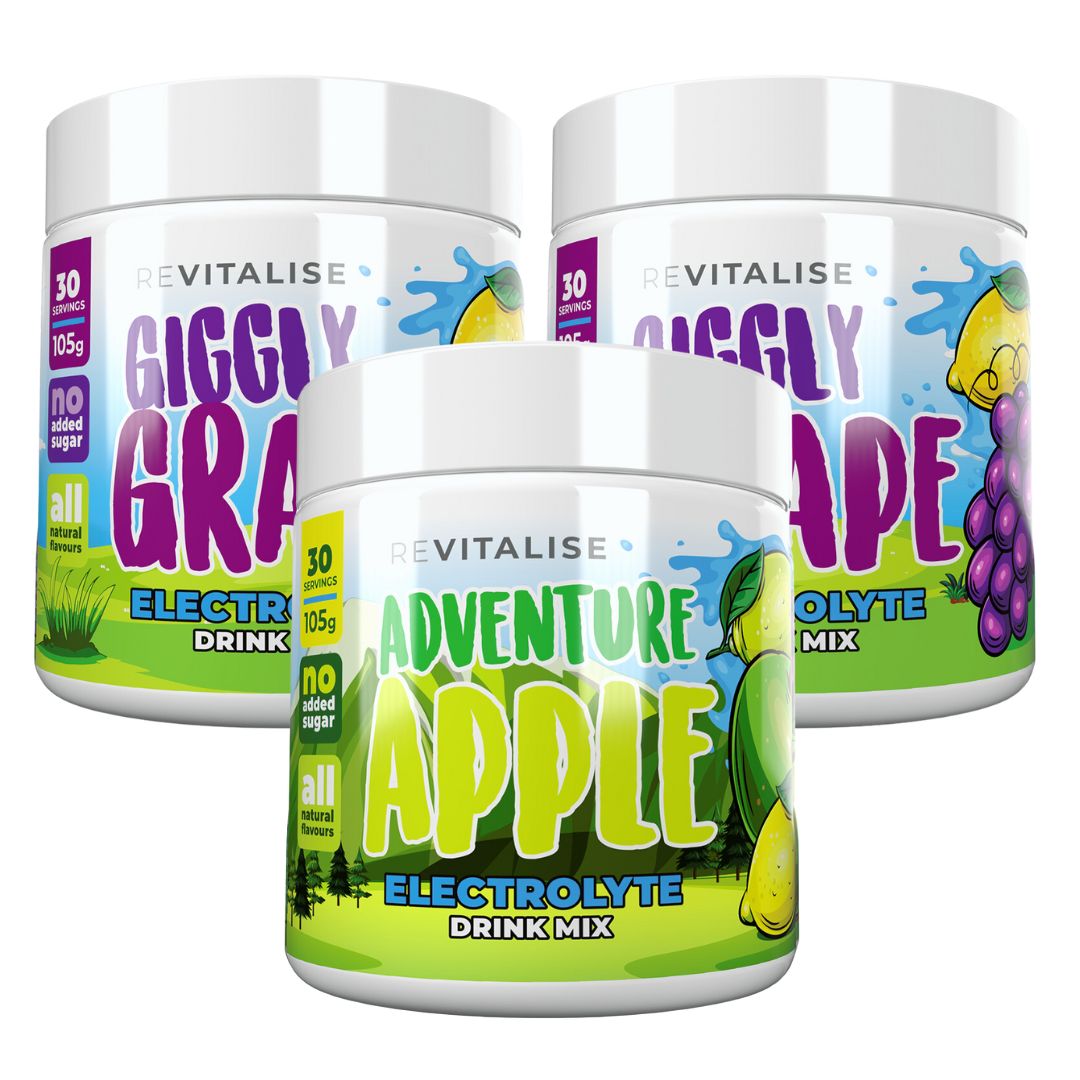


![ReVitalise Zero Sugar Electrolytes [SUBSCRIPTION]](http://revitalisedaily.com.au/cdn/shop/files/30s_LemonLime_3ea1cbec-4b35-4319-8f43-3ad8cbe7cd02.png?v=1698247645&width=1547)
